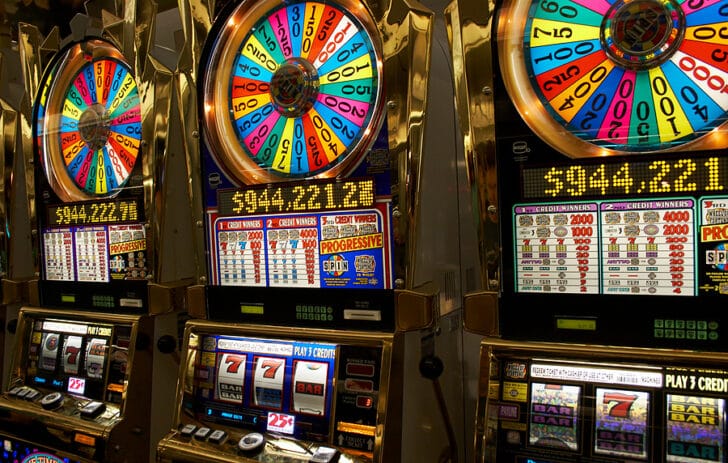It’s the second questionable finding by the same panelist in the same month.

A World Intellectual Property Organization panelist has ruled that the owner of slots.net was not cybersquatting. But shockingly, she did not rule it was a case of reverse domain name hijacking.
Slot machine maker Novomatic AG filed the dispute. It has trademarks for Party Slots, Cleopatra Queen of Slots, Slots Pharoah’s Fire, and N World Championship of Slots. It argued that the domain is confusingly similar to these marks.
It would be as if you owned the domain cars.com, and the owner of a trademark for Al’s Used Cars filed a cybersquatting complaint.
Shockingly, the panelist ruled that the domain is confusingly similar to the marks at hand:
In comparing Complainant’s marks with the disputed domain name, the Panel finds that the disputed domain name is confusingly similar to Complainant’s marks, as it comprises the word “slots”, which is a recognizable element of the PARTY SLOTS and SLOTS PHAROAH’S FIRE marks.
Panelists generally make this first element of UDRP a given, but finding confusing similarity in this case strains credulity. Slots is clearly not the important part of these trademarks.
The panelist did find that the domain wasn’t registered and used in bad faith and denied the case. But she didn’t find reverse domain name hijacking.
The Complainant argued that gaminator.slots.net infringed its rights because it has a trademarked brand called Gaminator. It said there was no content at that subdomain, and the domain owner argued the subdomain didn’t exist. And although the panelist pointed out that the third-level domains have no relevance to UDRP, she seemed to use this as a way to not find reverse domain name hijacking.
The conduct in this case does not fall under the category of Reverse Domain Name Hijacking. While Complainant did not succeed in establishing the three elements as required under the Policy, the Panel does not find that the Complaint was completely devoid of any facts or arguments that could support a finding that Respondent lacked rights or legitimate interests in the disputed domain name, nor its argument that Respondent must have registered and used the disputed domain name in bad faith. Rather, the Complaint put forward arguments that Complainant’s rights in a GAMINATOR mark could be linked to the disputed domain name through a third-level domain relying on evidence that was disputed as between the Parties and therefore inconclusive.
In the Panel’s view, this approach, while unsupported by UDRP practice, does not amount to abuse of process. As explained above, the Policy applies to disputes concerning second-level domains. For that reason, the Panel did not treat Complainant’s arguments related to an alleged third-level domain.
Even if you buy that, the next line is a head-scratcher:
The remaining arguments, while some of them could be considered conclusory and speculative, were not so weak as to render the filing of the Complaint as an act of bad faith.
Keep in mind that Novomatic AG was represented by counsel.
So which panelist made this decision? Ingrīda Kariņa-Bērziņa, the same panelist who recently ordered the domain cic.marketing transferred.






Well I dont know what it is but , and this will sound sexist but it isnt meant to be, just as I
have seen it personally, the women panelists/Judges always seems the worst. Definitely for me anyway.
Panelist needs to be disqualified. You’re thrown out of being a Panelist!
That’s what they get for being CHEAP and only getting 1 panelist!!
That’s the kiss of death.
Folks never learn and why feel sorry for CHEAP??
Do it right, you get the right result.
Do it on the cheap and you pay for it!!!
If you want justice, you must have a 3 member panel.
So the cake was almost baked before it was put in the oven!!